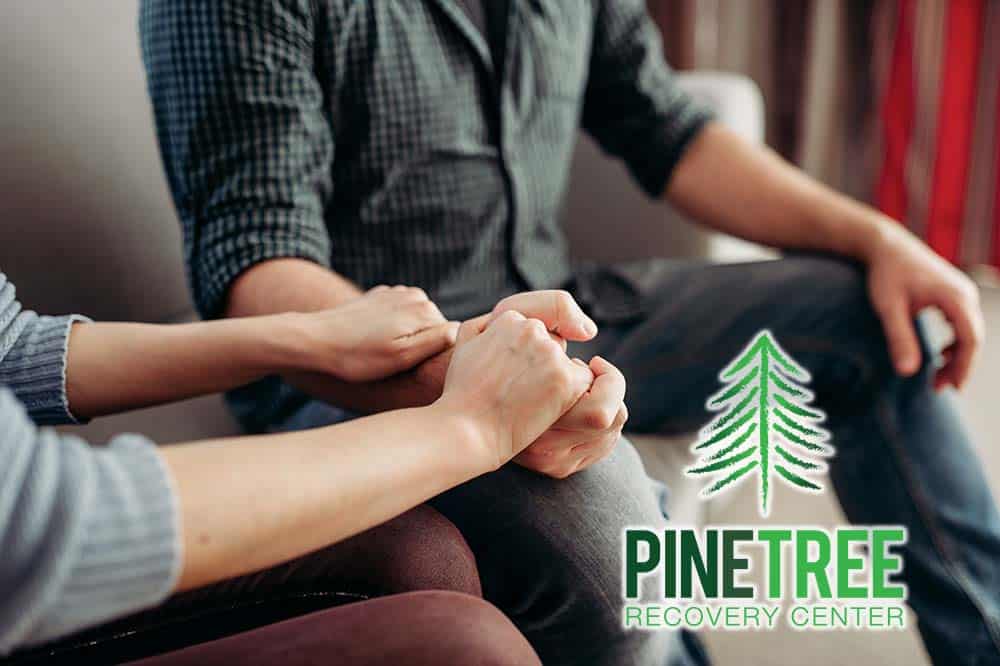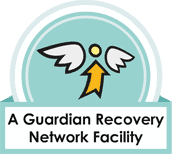Heroin is a highly addictive and illicit opioid, one that has gained rampant popularity over the course of the past decade and one that is responsible for thousands of overdose-related deaths annually. The increasing number of heroin-related deaths can be directly tied to the skyrocketing number of individuals developing addictions to prescription painkillers. Opioid painkillers like hydrocodone, Oxycontin and Vicodin are extremely habit-forming – and they are also widely prescribed. If an individual doesn’t have a personal history of substance abuse or any known genetic predisposition, a physician might prescribe him or her a powerful opioid narcotic in order to treat a variety of conditions, ranging from injury-related pain to post-surgery pain. While these drugs are usually meant to be taken short-term and in small doses, those that take them other than as prescribed are at higher risk of addiction.
The Heroin Addiction Epidemic
The majority of people who are currently addicted to heroin first began using prescription painkillers. Once their supply was “cut off” they likely turned to a more widely available and affordable alternative – heroin. The street value of heroin is significantly less than that of prescription medications but it is just as powerful, making it an ideal choice for those addicted to opioid narcotics of any kind. It can be hard to wrap your mind around the severity of heroin addiction if you haven’t experienced it firsthand. Heroin truly strips people of their humanity. It completely controls the life and actions of the addicted individual, turning him or her into nothing more than a shell. If you have been addicted to heroin – or if you are currently struggling with a heroin addiction – you understand how painful it can be. Still, giving up heroin may not seem like a better option than continuing to use.
It can be hard getting heroin addicts into treatment because the psychological and physical compulsion to continue using the drug is so overpowering. Cravings control an addicts’ every move, and logic completely flies out the window. If you’re addicted to heroin you might be in extreme denial about the severity of your problem. You might ignore the massive heap of personal consequences that has piled up beside you and think you yourself, “It really isn’t all that bad.” Take a look at these 10 reasons to quit heroin before making up your mind.
We Are Here For You
10 Reasons to Quit Heroin
- Improved physical health… and mental health, and emotional health.
Heroin addiction destroys the physical body. You’ll feel sick all of the time, you’ll feel weak and you’ll likely spend more time curled up on the bathroom floor than anywhere else. Heroin addiction also does extensive damage to mental health. The National Institute on Drug Abuse states, “Repeated heroin use changes the physical structure and physiology of the brain, creating long-term imbalances in neuronal and hormonal systems that are not easily reversed.” Heroin affects the areas of the brain that control decision making and stress responses. You may not even realize how much mental damage you’re doing until you decide to quit. Emotional regulation is also severely compromised, leading to extreme feelings of depression, increased agitation and mood swings. Once you quit heroin and your body and mind start to regulate, you’ll be amazed at how incredible you feel. This improvement will take a little bit of time, but the rewards will be so worth the effort you’ll have to put into inpatient heroin addiction treatment.
2. Mended relationships with your family and friends.
No one likes to be completely alone and isolated – as human beings, we need to form meaningful relationships with others in order to be truly happy. Active addiction separates us from those closest to us. It ruins the relationships we used to hold near and dear, relationships with our parents, our children, our siblings and our closest friends. Quitting heroin means that you’ll be able to work towards healing these damaged relationships. In some cases the damage will be severe and people might not be so quick to forgive or trust you. Just remember that healing anything takes time and effort. But of course, it will be worth it when you have the people you love back in your life.
3. You won’t have to worry about legal issues anymore.
The stress of heroin addiction takes many different forms, one of the most pervasive being ongoing legal issues. Heroin is an illicit drug, so any activity surrounding this specific chemical substance can get you in serious trouble with the law. However, many heroin addicts will start engaging in other criminal behavior in order to get more of the drug, such as theft. Those who have been struggling with heroin addiction for any extended length of time probably have some kind of criminal record. Quitting heroin might not clear your record, but it will allow you to start making decisions that are in your best interest and stop constantly fearing legal repercussions.
Our Heroin Detox Services Include
4. You won’t have to worry about dying anymore.
In 2017, the National Institute on Drug Abuse reported that there were a total of 70,237 drug overdose deaths in the country. This number doesn’t include the thousands of men and women that died during a heroin overdose and were revived with Narcan. If you have been abusing heroin for any length of time you probably have quite a few friends that have died at the hands of overdose, and every time you use heroin you are further stacking the odds against you. Heroin is especially lethal nowadays because it is frequently cut with the potent and lethal opioid fentanyl. When you quit heroin, you won’t have to constantly worry that you might not wake up.
5. You’ll actually be able to save money and spend it on things that matter.
Heroin addiction is costly, and when you’re physically addicted to a chemical substance you won’t be able to successfully budget your money (no matter how hard you try). You probably won’t think to yourself, “Hey, I got paid today! I’ll put half in savings, pay my phone bill and then spend whatever is left on some heroin.” Even if you try to budget there’s a good chance that any money you get your hands on will be poured directly into your addiction. Quitting heroin means that you’ll be able to save for things that really matter; things like your own place, a car… even an education.
6. You’ll be able to teach others from a place of personal experience, so that they don’t have to go through what you’ve been through.
Once you quit heroin and get sober you’ll have the opportunity to share your story with others. You might prevent others from going through the turmoil of addiction, or encourage them to seek the professional help that they need. There are few things as fulfilling as sharing your experience, strength and hope with others.
Ready To Begin Your Heroin Detox?
We Offer A Safe & Effective Program
Don’t let Heroin addiction control your life.
Call us today and let’s get you started on the path to a better you.
7. You’ll be able to explore things that you actually enjoy.
No one enjoys being hopelessly addicted to a chemical substance that is relentlessly destroying them from the inside out. Do you remember what it is you actually like to do? Quitting heroin will allow you the opportunity to explore different hobbies and activities, so that you can find out who you are and what makes you truly happy.
8. You’ll be a better parent. Or son, or daughter, or step-parent or grandparent – whatever the case may be.
Even if your interpersonal relationships aren’t immediately mended, you’ll be able to be the person you were meant to be and live your life with both self-respect and respect towards others. You’ll be emotionally and physically available to those that need you. You’ll be able to offer your loved ones support when they need it. Quitting heroin will definitely help make you into the person you always were deep down.
9. Living in the present moment is fulfilling.
When active in addiction, you spend all of your time looking for drugs and using drugs – everything is motivated by the future. “Where will I get my next fix?” “How will I pay for what I need?” Quitting heroin and getting sober will allow you to live in the present moment. You’ll start to appreciate the little things in life and learn to live in a place of constant gratitude. There are few things better than truly being able to enjoy the here and now.
10. You’ll be free.
Finally – you’ll be free. You won’t have a chemical substance controlling your every move – dictating where you go and what you do. You’ll be free. Free of the powerful grasp of heroin but also free to do whatever you want. Free to explore and travel and pursue your dreams. Free to be the person you were always meant to be.
Begin Healing Now!
Have A Call With One Of Our Treatment Advisors
Don’t Suffer Any Longer
Heroin Addiction Treatment
Heroin addiction is devastating to everyone involved. The Centers for Disease Control (CDC) reported that there were 15,000 heroin-related deaths in 2017 alone. From 2010-2017, the rates of heroin-related deaths throughout the U.S. increased more than five times. Rather than continuing to use and ultimately becoming another statistic, reach out for help. We know that quitting heroin can seem impossible to those in the throes of active addiction, but with the proper treatment, detoxification and support anyone can overcome a heroin addiction – no matter how severe. Call us today to learn more about our program of heroin addiction recovery.

Reviewed for accuracy by:
Randi Bruneau
LCSW, LADC, CCS
Randi is a Licensed Clinical Social Worker and Licensed Alcohol and Drug Counselor and Supervisor who has over 20 years of experience in the field of mental health and addictions. She has worked in both clinical and administrative leadership roles and also has extensive career experience in gender specific trauma treatment, crisis intervention, structural family work and substance use disorder treatment and supervision.























